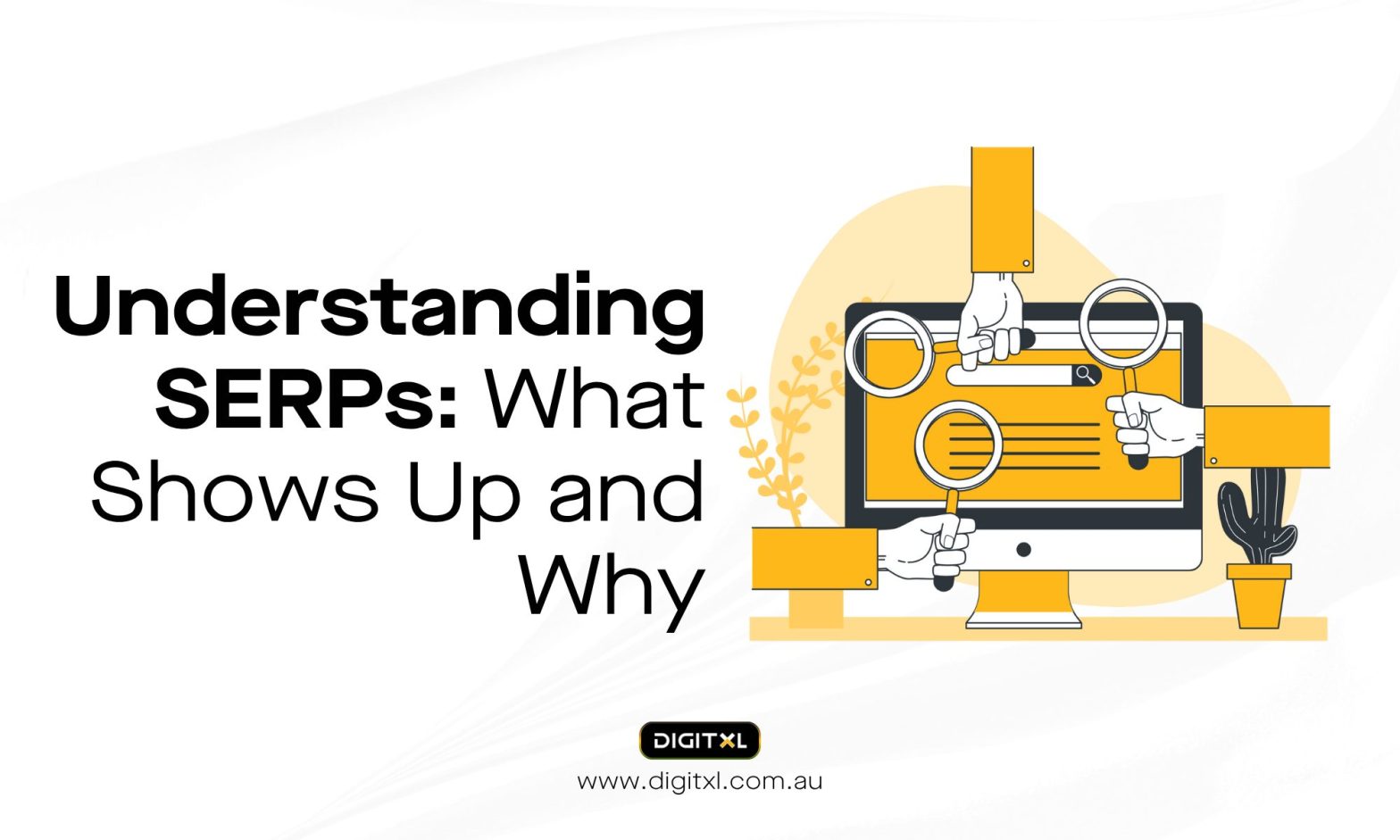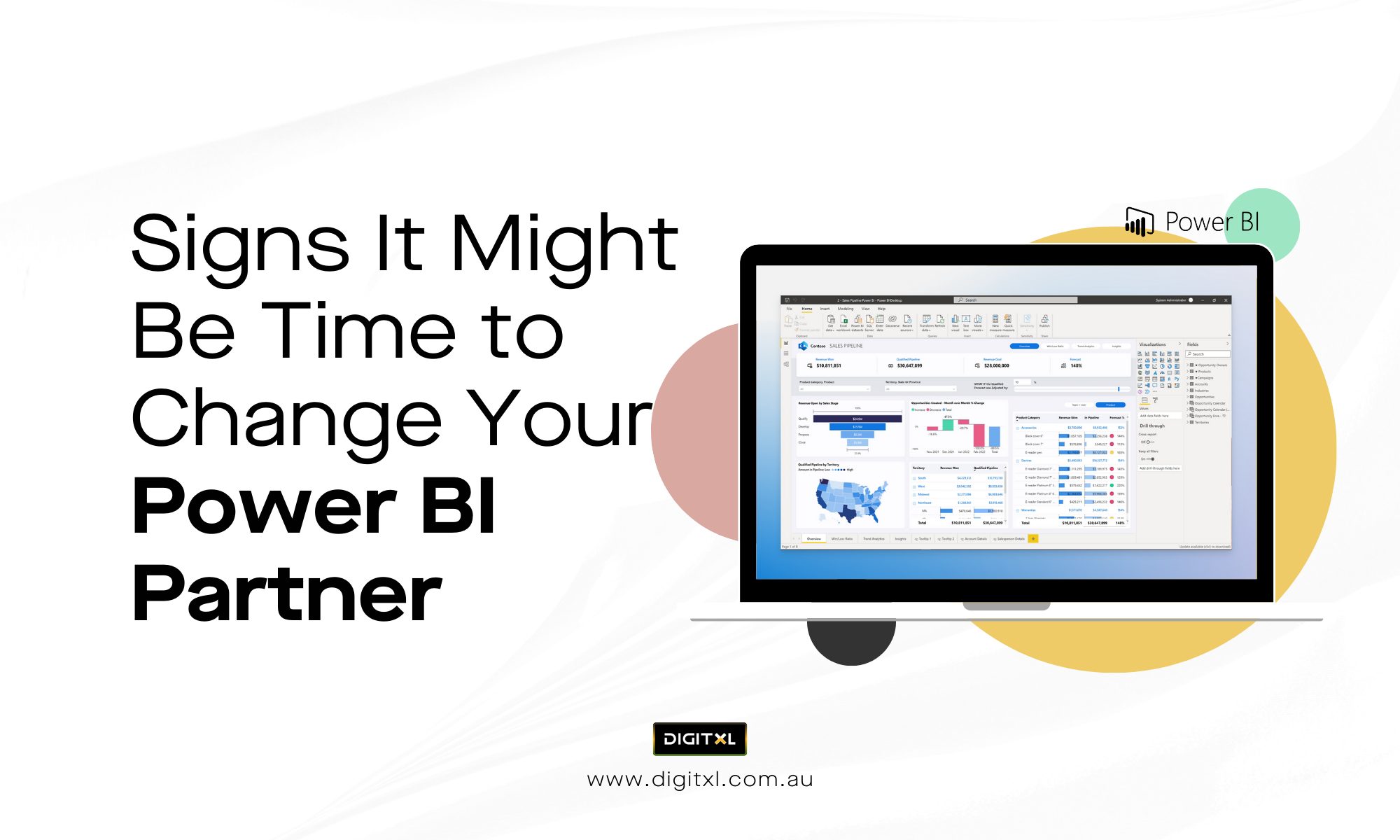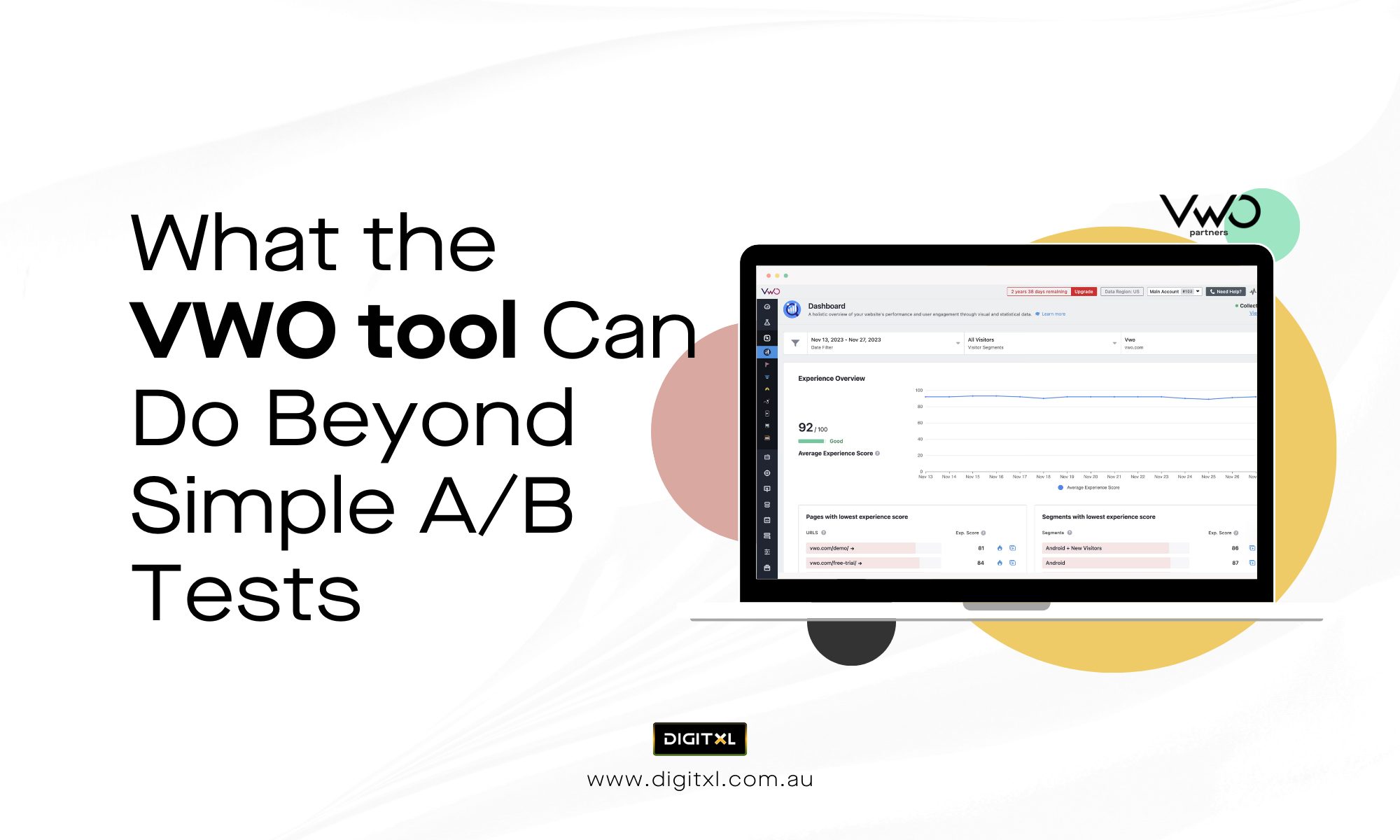- Serp
Understanding SERPs: What Shows Up and Why
07 Nov 2025
Every time you search for something on Google, you’re looking at a SERP, the Search Engine Results Page. It’s where websites compete for visibility, clicks, and conversions. But have you ever wondered what a SERP is, what appears on it, and why some pages rank higher than others?
Understanding what are Search Engine Results Pages is essential for anyone looking to improve visibility, increase organic traffic, and build a strong SEO strategy and it’s a core focus for any experienced SEO agency working to grow search performance.
1. What Is a SERP?
A SERP (Search Engine Results Page) is the page you see after entering a search query into Google or another search engine.
It displays a list of results that the search engine considers most relevant to your query. These results can include a mix of:
- Organic results – unpaid listings based on search relevance and authority
- Paid results – ads placed through Google Ads or other PPC platforms
- Rich snippets – enhanced listings showing ratings, images, or structured data
- Knowledge panels and local results – extra features like maps or business profiles
Every element on a SERP is designed to help users find the most accurate information quickly and efficiently.
2. What Are Search Engine Results Pages Made Of?
Google’s Search Engine Results Pages (SERPs) are dynamic and can vary depending on your location, device, and search intent. Here’s what typically shows up:
1. Paid Ads (Top and Bottom)
These are sponsored results. Businesses bid on specific keywords to appear at the top of the page. While they provide instant visibility, they require continuous investment.
2. Organic Search Results
These are non-paid listings ranked by Google’s algorithm based on content quality, user experience, and authority. The higher your ranking, the more likely users are to visit your site.
3. Featured Snippets
These appear in a highlighted box above the organic results. They usually provide a concise answer to the searcher’s question also known as “Position Zero.”
4. Local Pack
If the search has local intent (e.g., “SEO agency Melbourne”), Google shows a map with nearby businesses, addresses, reviews, and contact details.
5. People Also Ask (PAA) Section
This section lists related questions and answers, giving users more context and insight into the topic.
6. Knowledge Panel and Video Results
Knowledge panels appear for branded or informational queries, while video results (often from YouTube) appear when visual content is more relevant.
3. How Does Google Decide What Appears on a SERP?
The position of your website on a SERP depends on multiple ranking factors. Some of the most important include:
- Relevance of your content to the search query
- Keyword ranking strength and placement
- On page SEO elements such as title tags, meta descriptions, headings, and internal links
- Page experience including mobile-friendliness, page speed, and security
- Backlinks and authority of your website
- User intent whether your page answers the query effectively
A well-planned SEO strategy takes all these factors into account to improve visibility in organic search.
4. Why SERPs Matter for Your Business
SERPs are the battleground for online attention. The first page of Google captures over 90% of total search traffic meaning if you’re not ranking there, potential customers might never find you.
Focusing on organic traffic helps businesses:
- Build long-term visibility and trust
- Reduce reliance on paid advertising
- Attract qualified leads actively searching for your products or services
- Strengthen brand authority in your industry
Working with a professional SEO agency Melbourne ensures your website is optimised for both users and search engines, improving your chances of ranking higher and gaining consistent organic traffic.
5. How to Optimise for Better SERP Visibility
Here are a few practical tips to improve your chances of ranking higher in organic search:
1. Conduct Keyword Research
Identify the terms your audience is searching for. Tools like Google Keyword Planner or SEMrush help uncover high-value keywords that can guide your content strategy.
2. Improve On Page SEO
Optimise titles, headings, URLs, and meta descriptions using your primary keywords naturally. Make sure your content is easy to read, well-structured, and genuinely helpful.
3. Create Quality Content
Google rewards websites that provide value. Publish in-depth, original, and informative content that directly answers search intent.
4. Strengthen Technical SEO
Improve site speed, mobile usability, and schema markup. A technically strong website is easier for Google to crawl and index.
5. Build Authority
Earn backlinks from reputable websites through high-quality content, guest posts, or collaborations. These signals tell Google that your site is credible.
6. Monitor Keyword Rankings and Traffic
Regularly track your keyword ranking and traffic performance using tools like Google Search Console or Analytics. Adjust your SEO efforts based on trends and results.
6. How an SEO Agency Can Help
A dedicated SEO agency Melbourne brings expertise, strategy, and tools to manage all aspects of your search performance. From keyword research and on page SEO to technical optimisation and analytics, they help you:
- Improve rankings and organic visibility
- Analyse competitors and market trends
- Build a long-term SEO roadmap
- Convert visitors into paying customers
By combining data-driven insights and best practices, an agency ensures that your business stays visible in an increasingly competitive search landscape.
7. Final Thoughts
Understanding what a SERP is and how it works is fundamental to building a strong SEO strategy. It’s important to appear where your audience is and deliver content that meets their needs.
Whether you want to improve organic traffic, strengthen your on page SEO, or plan a complete search strategy, partnering with an experienced SEO agency in Melbourne can help your business stand out on the results page and stay there.
8. FAQ
What is a SERP in SEO?
A. A SERP, or Search Engine Results Page, is the page that displays all results paid and organic when you perform a Google search.
What are Search Engine Results Pages used for?
A. They show users the most relevant answers to their queries, including websites, images, videos, maps, and snippets.
How can I appear higher on SERPs?
A. Improve your on page SEO, use relevant keywords, build backlinks, and create high-quality content that matches search intent.
What is the difference between paid and organic search results?
A. Paid results are advertisements purchased through PPC platforms, while organic results are earned through search engine optimisation.
How can an SEO agency help with keyword ranking?
A. An SEO agency Melbourne analyses keyword performance, optimises site content, and builds strategies to improve visibility and rankings in search results.




